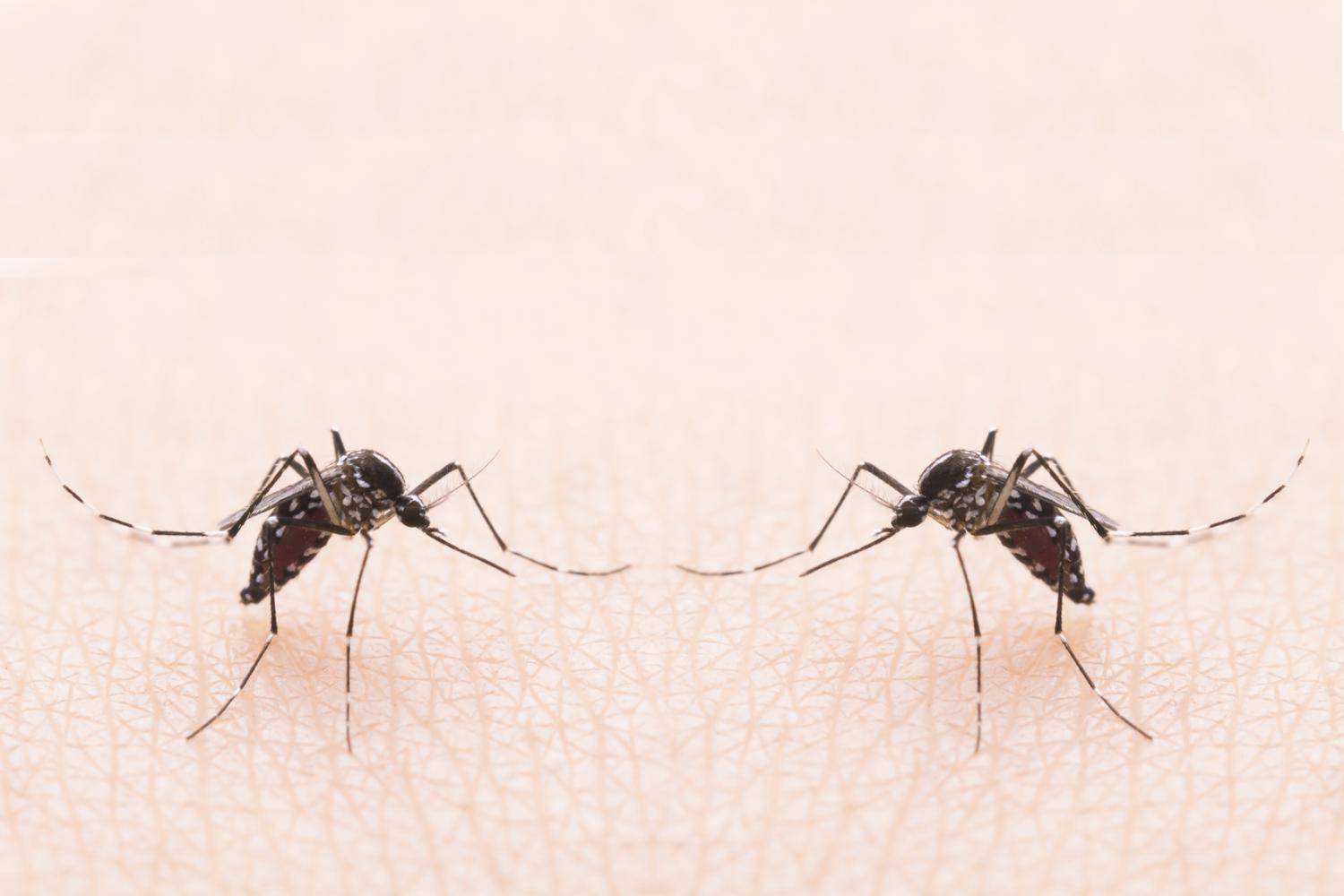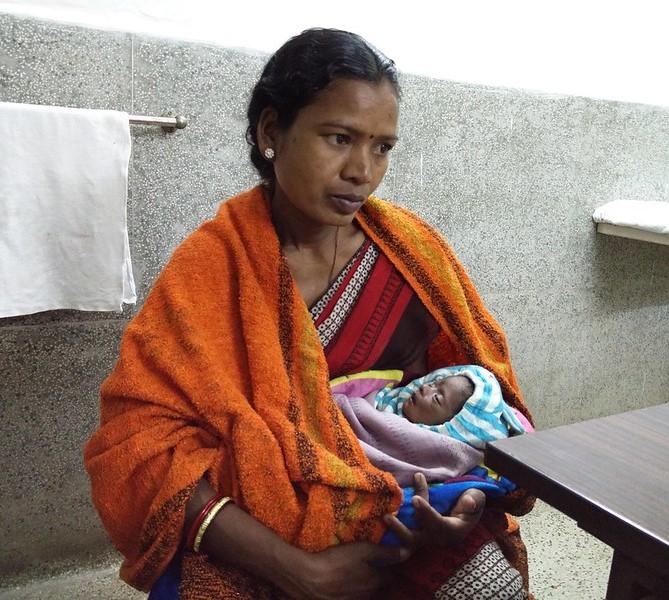
Three of 135 patients in a Brazilian cohort were reinfected with the Zika virus (ZIKV), according to a study published yesterday in Emerging Infectious Diseases.
A team led by Brazilian researchers sequenced 238 ZIKV genomes obtained from 135 adults who gave plasma, urine, or semen samples over 1 year to assess viral persistence. Participants were recruited within 1 week of Zika symptom onset from June 2017 to June 2019. The average patient age was 38 years.
ZIKV is transmitted in tropical and subtropical regions through the bite of Aedes mosquitoes. While 80% of Zika cases cause few or no symptoms, infected pregnant women can give birth to babies with severe birth defects, including microcephaly, an abnormally small head. After a large Zika outbreak occurred in Brazil in 2015, viral circulation declined, and cases are uncommon today.
Frequency of reinfection remains unknown
The viral genomes clustered with previously reported ZIKV strains from northern Brazil, and evidence suggested that the virus has mutated little over time and that within-host diversity was limited in most Zika-persistent samples.
But atypical virus temporal diversity was detected in samples from more than five participants, revealing divergent genomes in the same patients. These patients had elevated levels of neutralizing antibody levels, which fell off during recovery from infection only to rise again in three patients 6 months after the initial infection.
We underscore the necessity of implementing continuous surveillance strategies, which are vital for monitoring the evolutionary changes of viruses over time and gaining a comprehensive understanding of arbovirus diversity.
The three patients, who reported no symptoms, also tested positive for Zika on real-time reverse transcription polymerase chain reaction (RT-PCR), confirming reinfection.
Because Zika often does not require medical care, many reinfections may have gone unnoticed, the study authors said. "Our findings hold significant implications for public health, epidemiology, clinical practice, and diagnostics," they wrote. "However, the frequency of reinfections during the latest ZIKV outbreaks remains uncertain."
"We underscore the necessity of implementing continuous surveillance strategies, which are vital for monitoring the evolutionary changes of viruses over time and gaining a comprehensive understanding of arbovirus diversity," the researchers added.















